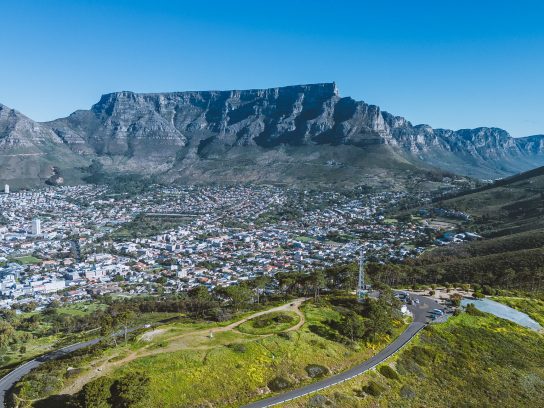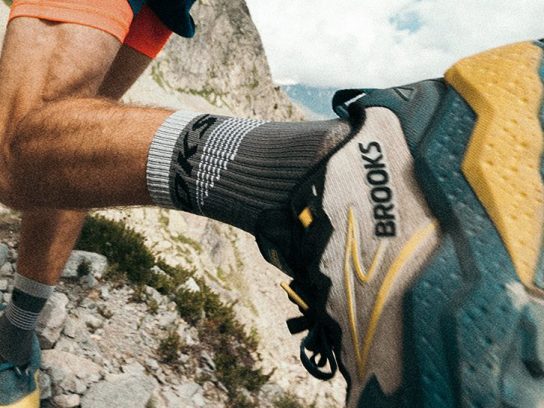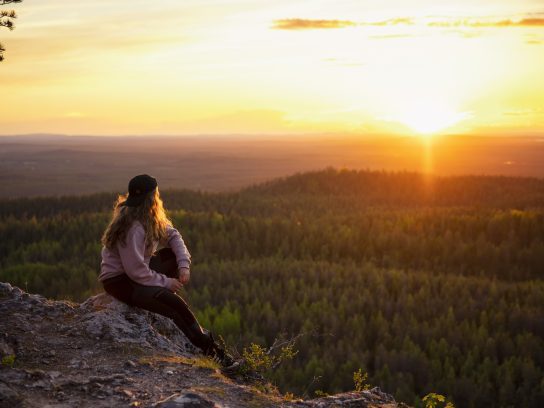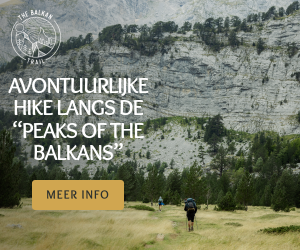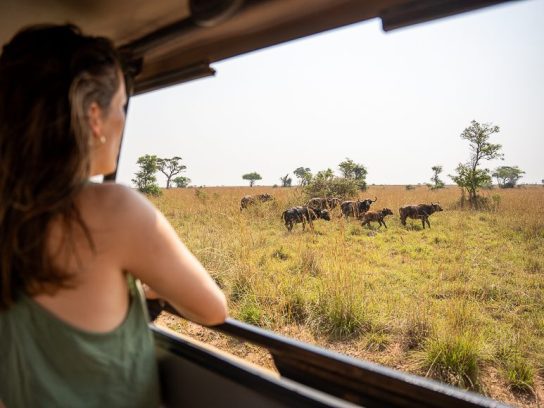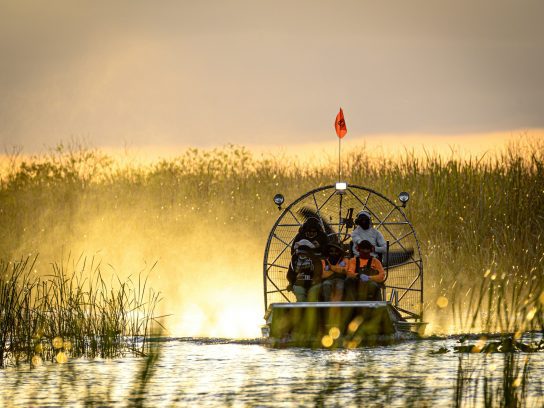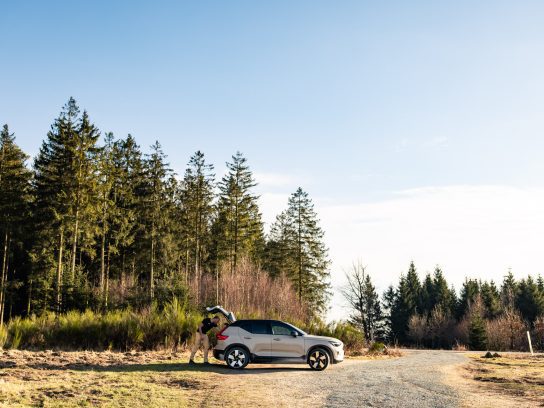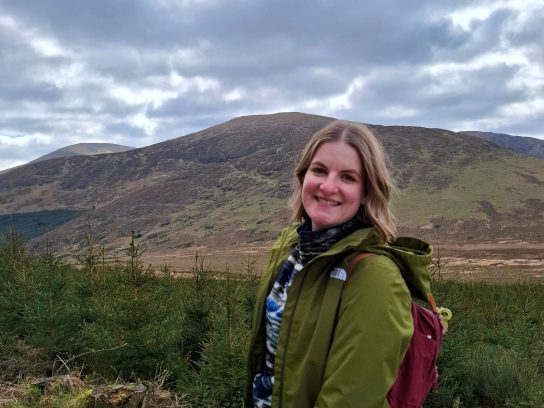National Geographic organiseerde dit jaar de eerste Nederlandse summit in Amsterdam, met als thema ‘Overcoming Extremes‘. Sprekers vanuit alle hoeken van de wereld en de wetenschap gaven hun visie op welke extreme uitdagingen we als mensheid tegen gaan komen in de toekomst en hoe we daar op kunnen reageren. Een van de sprekers was Aldo Kane. Een voormalig Royal Marine, huidig avonturier en specialist in veiligheid in extreme omgevingen. Ik had de eer om hem na zijn lezing te interviewen en vroeg hem onder andere welke vaardigheden tegenwoordig essentieel zijn voor (zijn) expedities in de meest uitdagende omstandigheden en omgevingen? In hoeverre deze overeenkomen met expedities van vroeger en hoe hij expedities in de toekomst voor zich ziet.
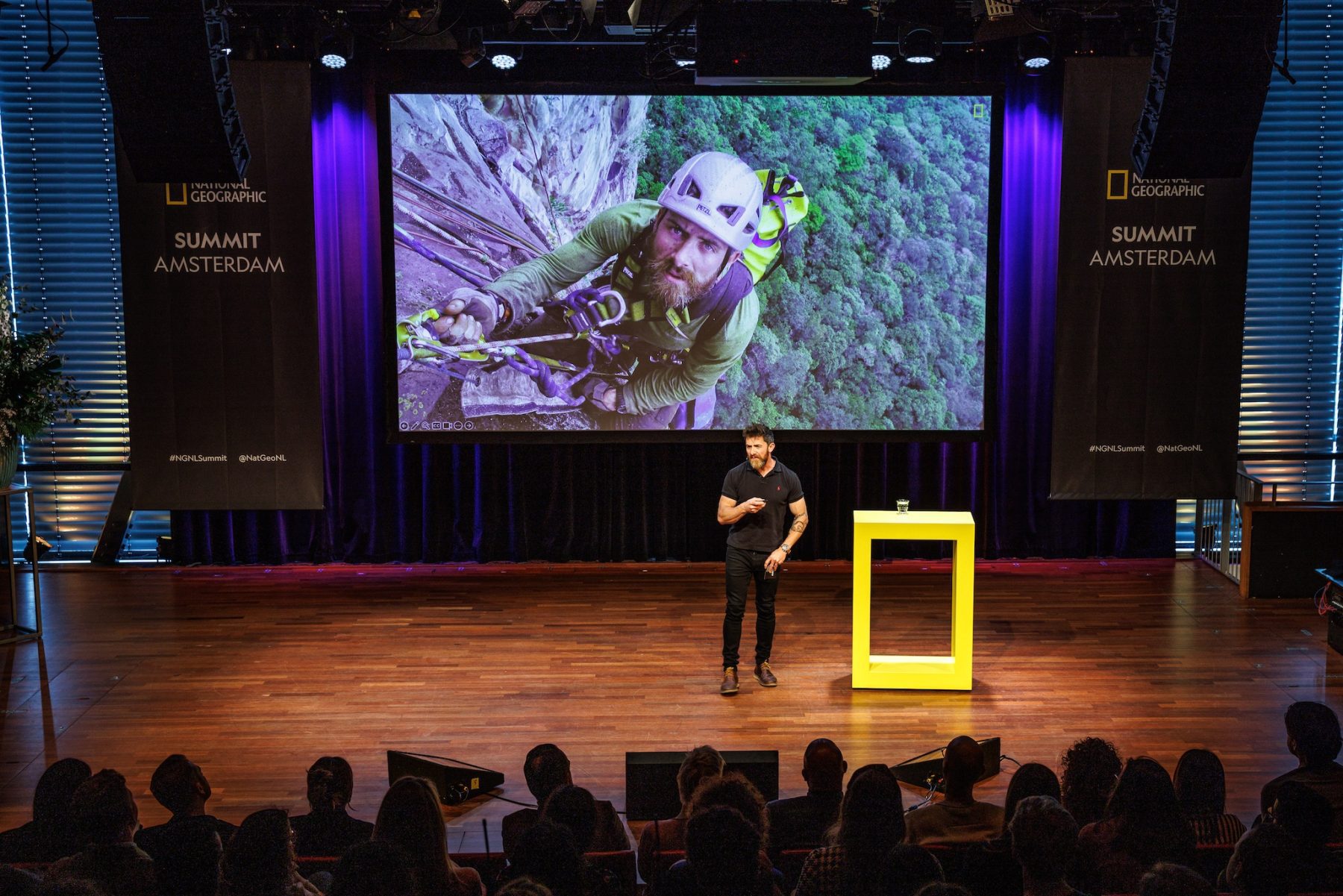
Aldo Kane en National Geographic
Het is niet geheel toevallig dat Aldo Kane een van de sprekers was op de Summit van 2024. Zijn laatste project was namelijk in opdracht van National Geographic. Samen met Alex Honnold en Hazel Findlay maakte hij een “first ascent” op de Ingmikortilaq, een 1143 meter hoge klif op Groenland. Kane was verantwoordelijk voor de veiligheid van het team op deze missie. Heidi Sevestre, een klimaatwetenschapper, had de elite-klimmers nodig op de expeditie, zodat zij metingen kon doen op plekken waar gewone stervelingen niet kunnen komen. Het hele avontuur was te zien in een driedelige serie op National Geographic, genaamd Arctic Ascent. Heb je het gemist? De serie wordt later dit jaar verwacht op Disney+.
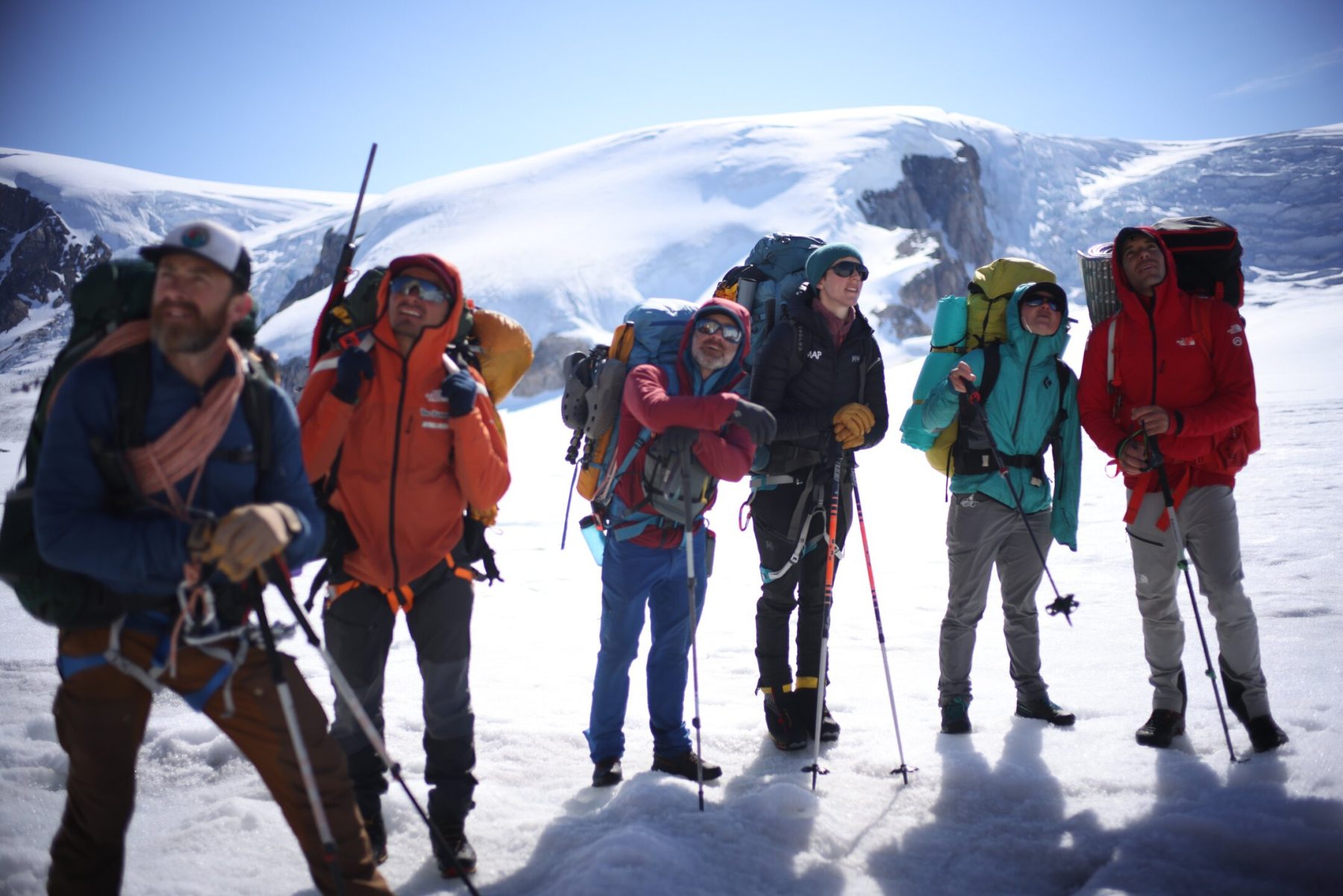
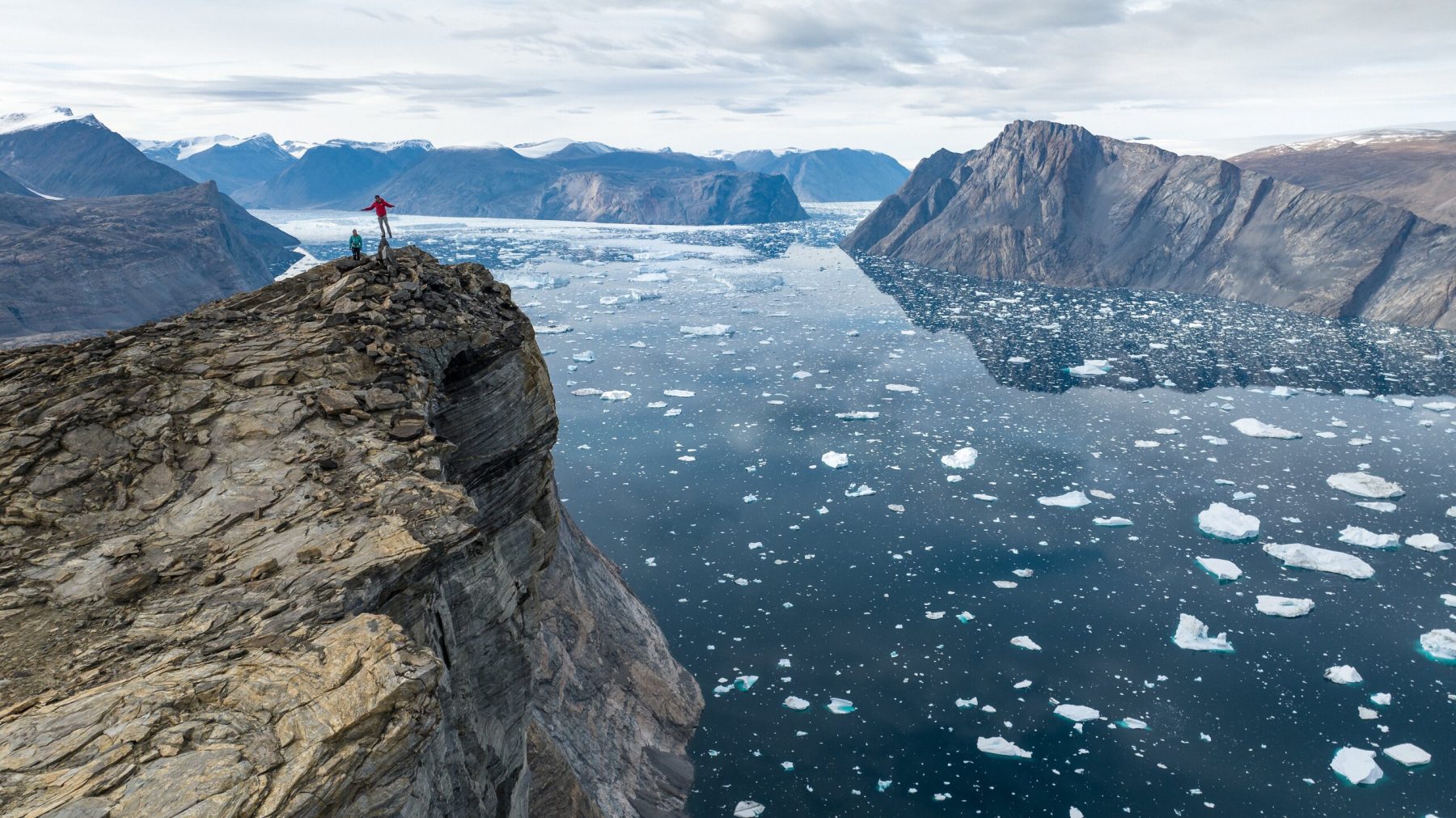
Maar wie is Aldo Kane dan?
De uit Schotland afkomstige Aldo Kane is dus een expert in het waarborgen van de veiligheid tijdens extreme omstandigheden. Een korte greep uit zijn leerscholen: Een afdaling in een uitbarstende vulkaan, expedities in “drug-cartel infested” jungles, de Ebola red zone in Sierra Leone of de Atlantische Oceaan oversteken in een roeiboot. Het is dus niet raar dat hij door de beste vakmensen wordt gevraagd zorg te dragen voor hun veiligheid. De man is natuurlijk ook topfit en heeft zijn eigen fitness programma, genaamd Expedition Fit.
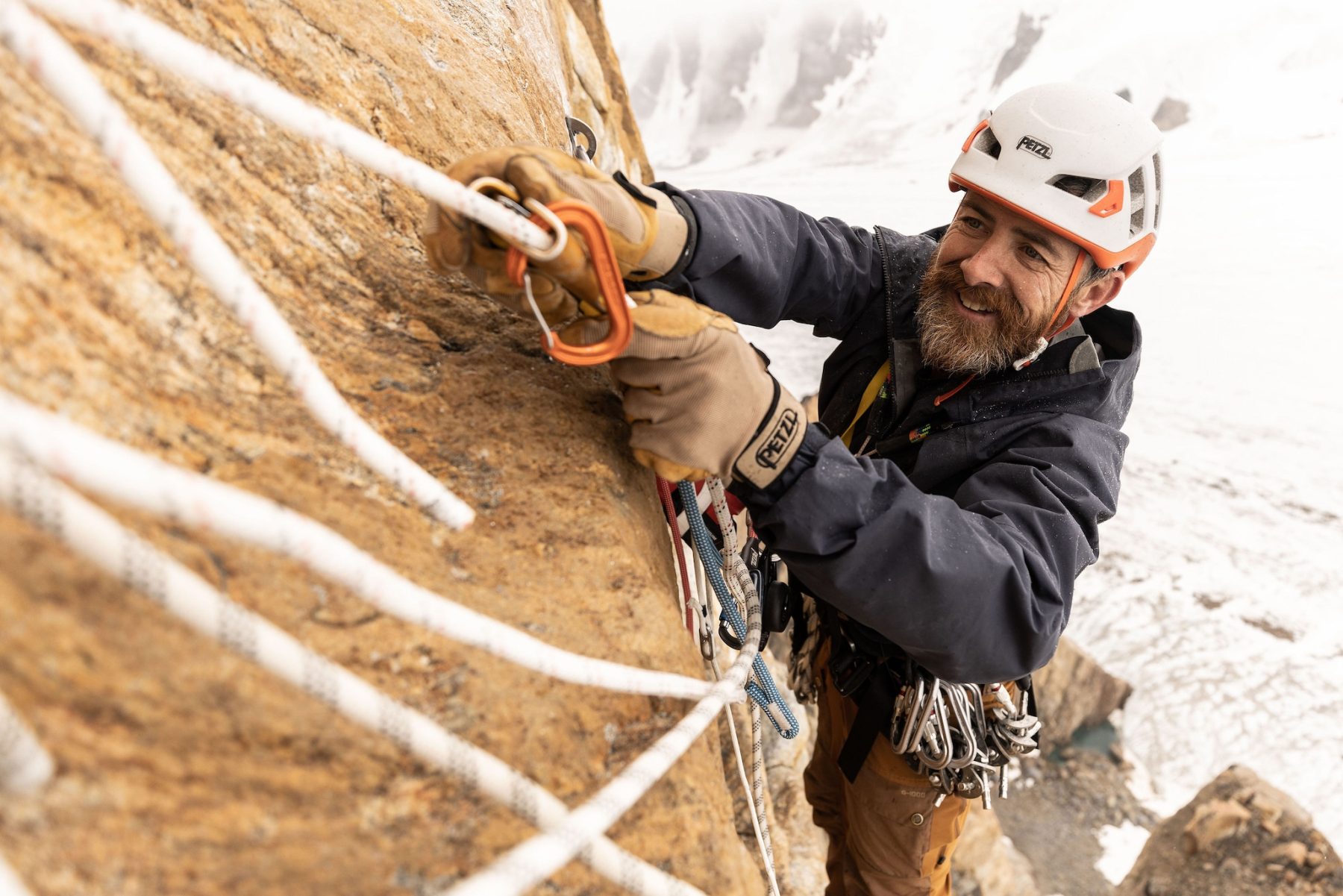
In gesprek met Aldo Kane
Misschien overbodig om te zeggen, maar ik had knikkende knieën voordat ik begon met het interview. Gelukkig had ik net daarvoor Aldo in zijn lezing horen spreken over de lessen die hij tijdens zijn loopbaan heeft geleerd over omgaan met stress. Zijn eerste en voornaamste advies bij stress is: haal adem! Ik nam dus een paar diepe ademhalingen voordat ik de ruimte inging voor het interview. Een open en vriendelijk gezicht heette me welkom, goh dat scheelt al. Nieuwsgierig vroeg ik hem (in het Engels):
What makes Aldo Kane nervous?
Public speaking. It’s a lot more nerve wrecking than all the hardcore stuff that I do.
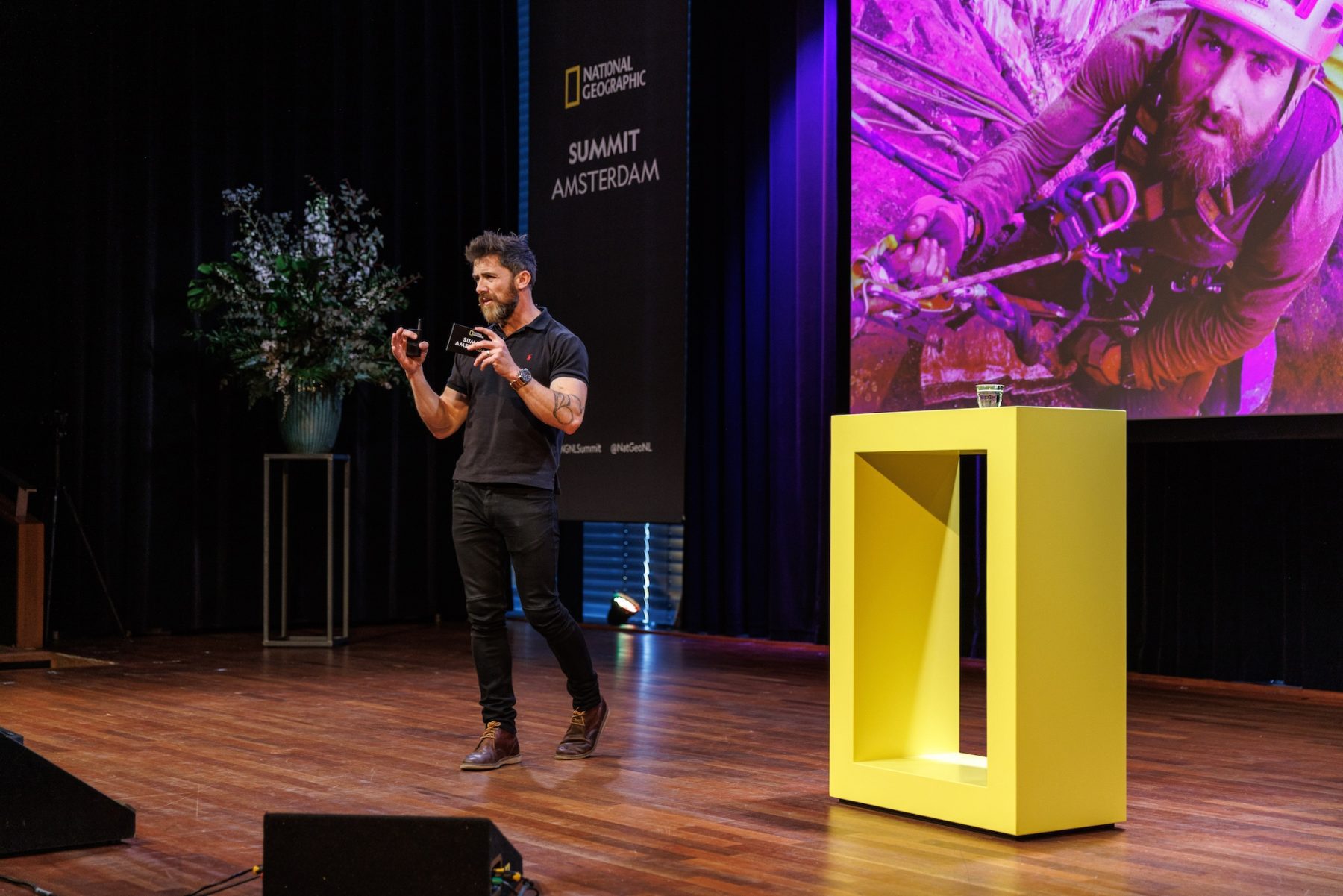
I’ve been fortunate to see Artic Ascent already. Fantastic documentary! What made you join this expedition?
When I was younger, exploring was about adventure and putting your hands on your hips on top of a mountain and saying “I’ve done it”. The last 5 years it has been much more about blending science and climate change with my work as a safety expert. I want to be a communicator and tell these stories for millions of people. Movies and project like these have a much wider reach than just my social media following.
Technology will fail, so you still need sound decision making and leadership in these extreme environments.
Aldo Kane
I know you are familiar with the story of Ernest Shackleton, who explored the South Pole a hundred years ago. Do expeditions nowadays, with all the gear and tech, still require the same skills and knowledge?
People have changed very little since then, but technology has advanced significantly. But technology will fail, so you still need sound decision making and leadership in these extreme environments. Fundamentally, exploring is about exploring the world and how you interact with that as a person. People doing hard things in hard environments is still the same.
If you dive into Shackleton’s story and read about how he survived for over 2 years in that extreme environment, with the skills and tools that he had at the time, do you sometimes wonder if we, as humanity, have maybe lost some of those skills and knowledge?
If you don’t use it, you loose it. For instance, I had to stand up regularly during the crossing of the Atlantic by row boat. Otherwise, because of muscle atrophy, I would loose the muscles required to stand up. It’s the same with navigation skills. I always have a map and compass with me on expeditions and the tech as a backup. Technology fails, so you have to be prepared. And it’s the same with storytelling. As a society we loose this ability too because of pictures and video calls. Storytelling connects people and that’s what exploring is about for me. A hard task with good people in a challenging environment. Forming that close bond only this can do.
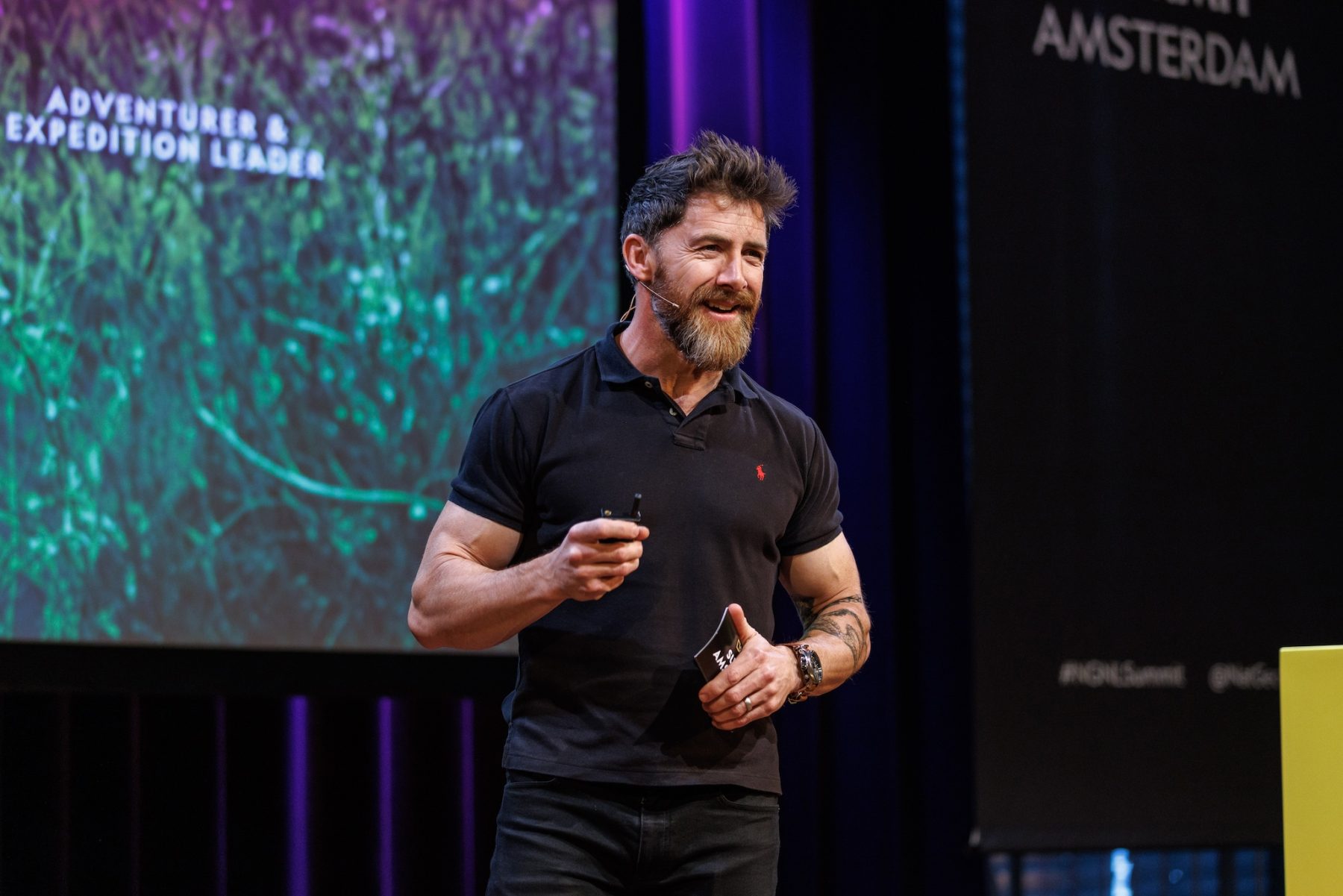
In the military you worked within this tight knit group of people you can trust completely. Is it very different in your current job and do you sometimes miss the good ol’ days?
I don’t miss the job. I enjoy very much the creative aspect of making television. And it’s not that different. A small group of capable people who have to work together regardless of whether they like each other or not. All for the greater good of the outcome.
Are you very selective about your projects?
Yes. For the past five years I’ve focused on expeditions that have to do with science, climate, environment or conservation. I became a father 3 years ago and that brought everything into sharp focus. What will the world look like in 20 years?
This is where young people come in. The generation now is so used to instant gratification with the digital era and we can use that in a positive way. To implement immediate change.
Aldo Kane
Are you hopeful for the future?
I think we have to be, otherwise, what is the point? It’s easy to look behind us and say that everything was better before. But it’s human nature to look behind us to what is familiar. Having said that, the figures are stark and we have to start making some decisions. But this is where young people come in. The generation now is so used to instant gratification with the digital era and we can use that in a positive way. To implement immediate change. Some countries have banned plastic bags overnight. African countries, so why can’t we? We need fundamental policy change and that’s the slow part.
Is there anything you have learned during your adventures that you would like to share with our readers?
You need to travel. People need to connect, share stories and explore together. When you put people in isolation, that’s when war happens. Be brave, bold and try new things. Physically and mentally. Figure out what your core values are and go after them. Do hard things, do no harm and be grateful.
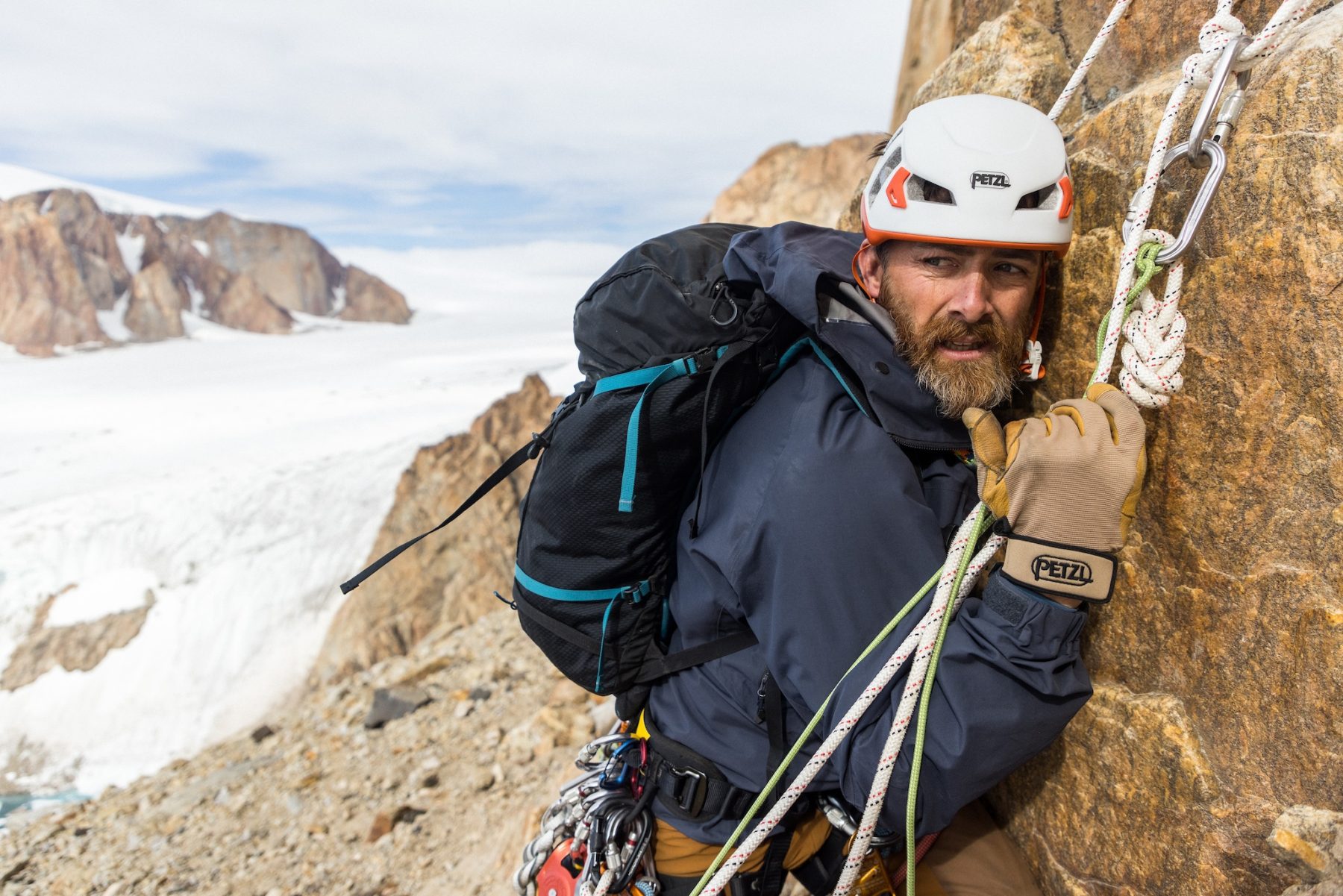
National Geographic Summit 2024 – Overcoming Extremes
Het doel van deze eerste Nederlandse National Geographic Summit was onderzoeken wat er zoal gebeurt op het gebied van grensverleggende wetenschap, avontuur en storytelling. Hoe kan de kracht van menselijk uithoudingsvermogen en verbeeldingskracht helpen bij het bouwen aan een betere toekomst, juist in deze tijd van buitengewone extremen? Zowel binnen als buiten de zaal liepen interessante personen rond, die ook nog eens heel benaderbaar bleken te zijn:
Wilco van Rooijen en de belangrijke rol van water
De eerste man die ik sprak was niemand minder dan Wilco van Rooijen, die me enthousiast meenam in zijn opkomende expeditie; de Pacific Ocean over roeien. Daarmee gaat hij aandacht vragen voor de uitdaging waar wij als wereldbevolking, maar zeker ook als Nederland, voor staan met betrekking tot alles wat met water te maken heeft. Denk aan de stijgende zeespiegel en het tekort aan drinkwater.
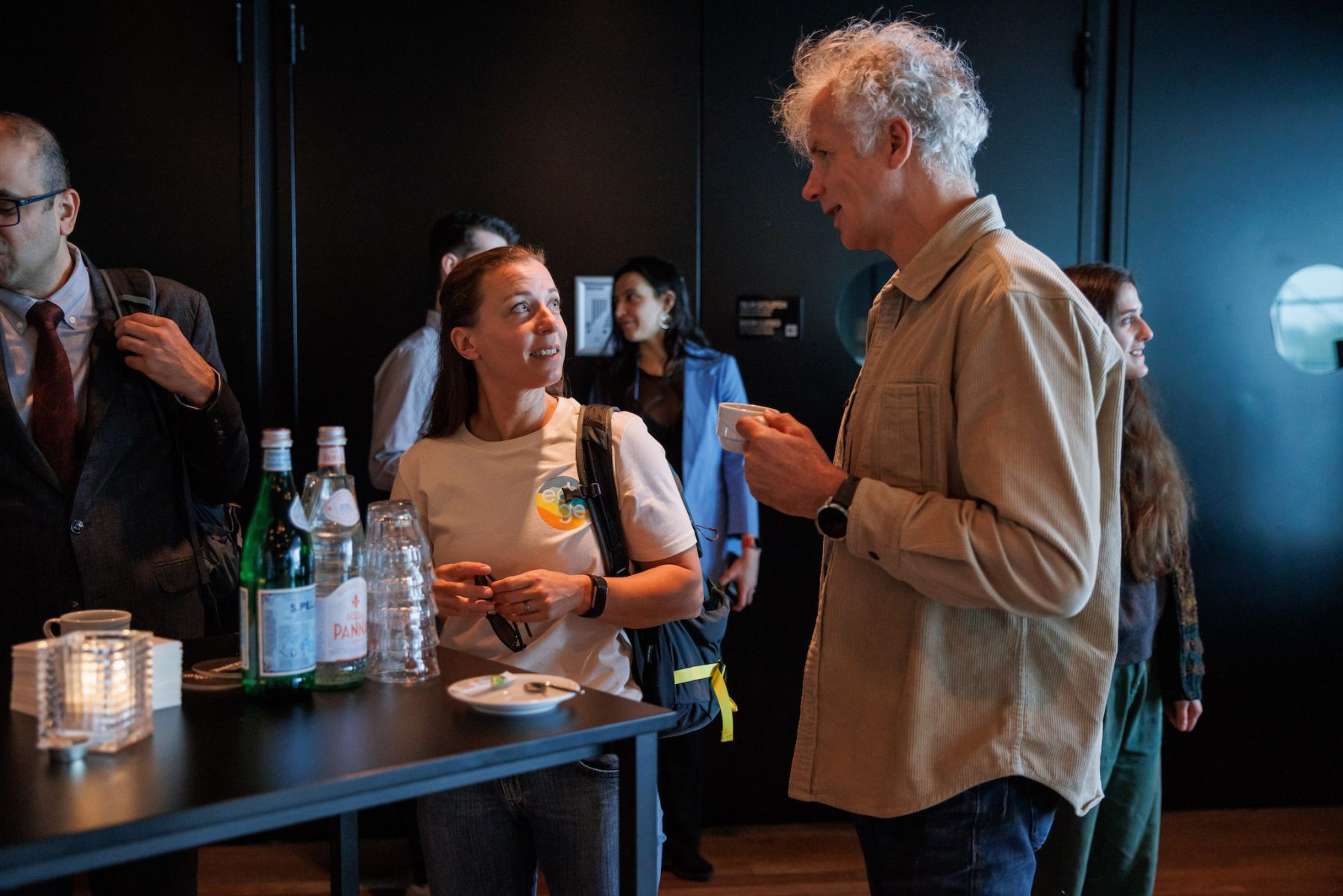
Gibbs Kuguru en zijn toewijding voor haaien
Een andere ontzettend interessante lezing was die van Gibbs Kuguru, een expert op het gebied van haaien. Hij drukte ons allemaal even met de neus op de feiten. Haaien worden bedreigd en zijn essentieel voor gezonde oceanen. Ze eten namelijk zieke en oude vissen op. Handel in haaien komt veel meer voor dan je denkt. Ze verschijnen steeds vaker op Europese menu kaarten bijvoorbeeld, maar dan verdekt opgesteld. Sterven de haaien uit, dan zal heel de marine biodiversiteit uit balans raken.
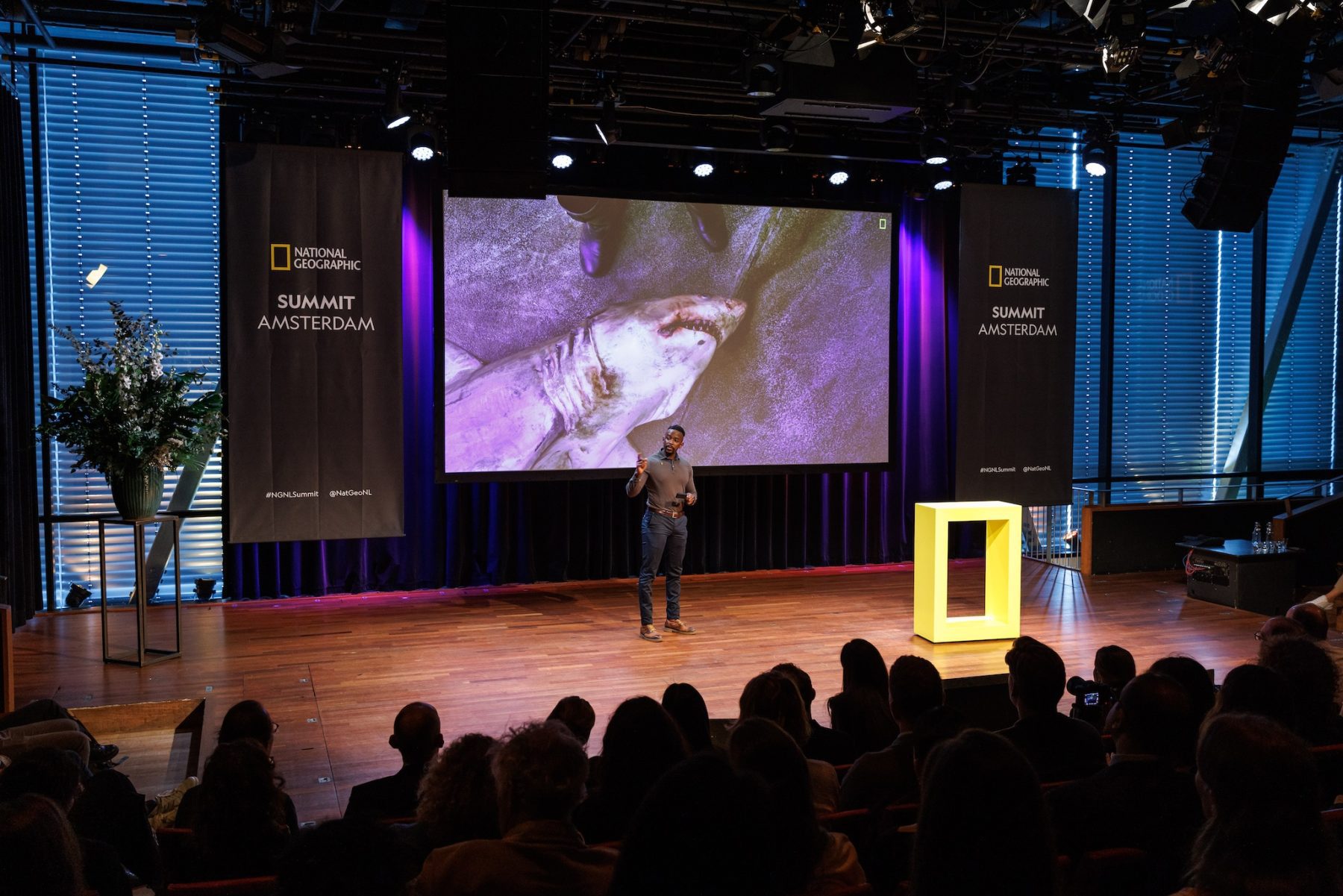
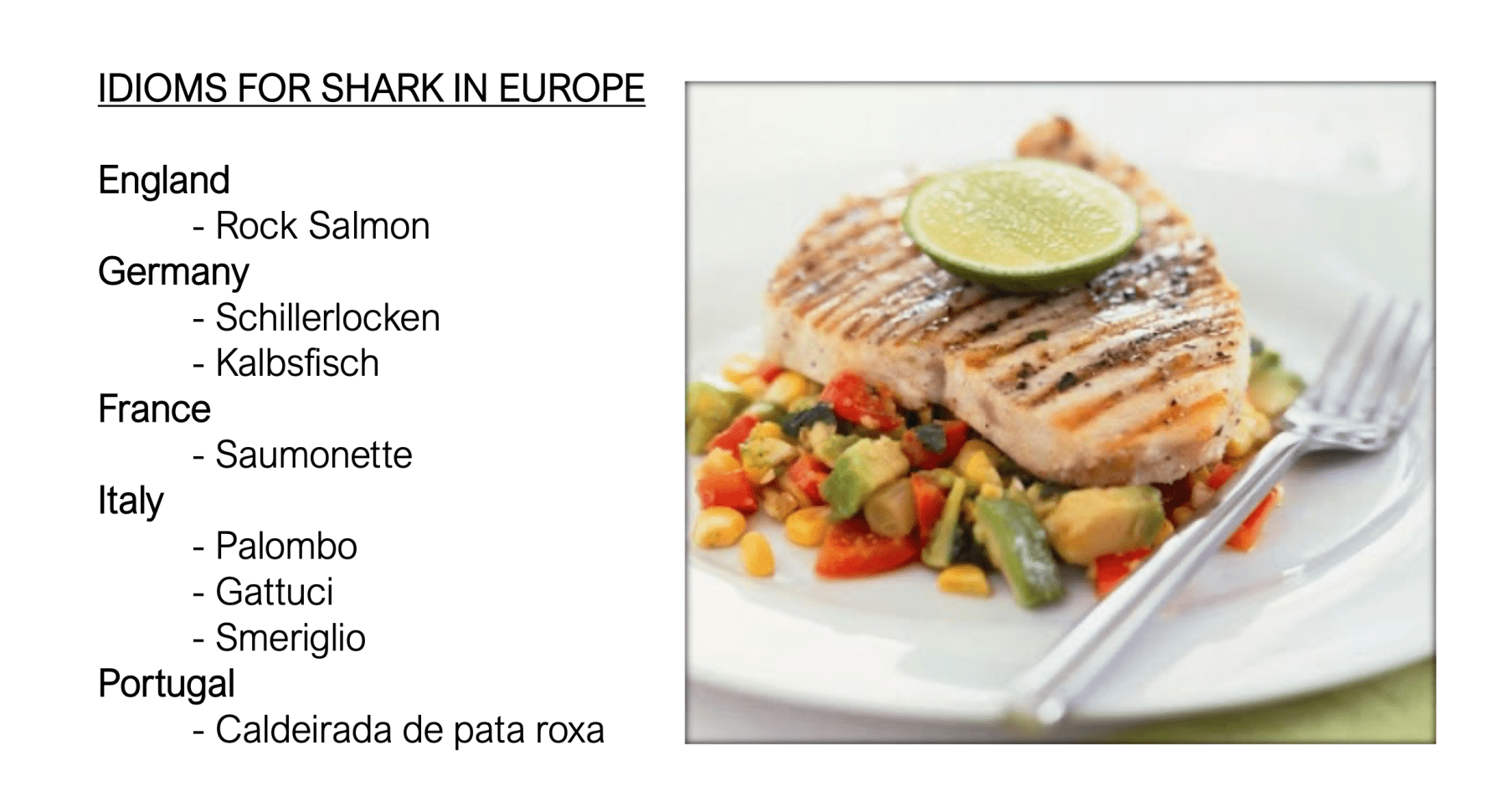
Kortom
Het was een interessante en leerzame dag, waarin ik met mijn neus op de feiten werd gedrukt dat er verandering nodig is, zodat we de extremiteiten in de natuur en het klimaat kunnen overleven. Ieders eigen houding en gedrag zijn daarbij essentieel. Dus zoals een ervaringsdeskundige deze dag zo treffend zei:
Do hard things, do no harm and be grateful
Aldo Kane


